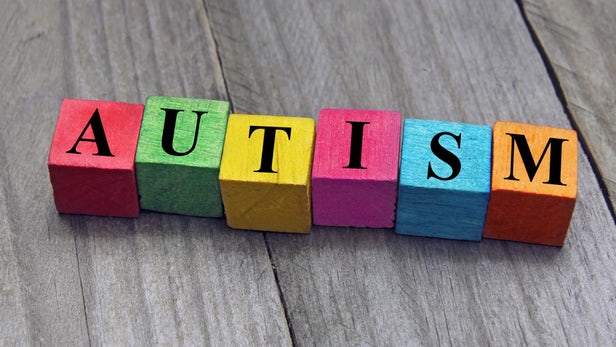Autism Awareness and Acceptance
On April 18, the Breakfast Club heard from Mr. Todd Drezner on his exploration of autism both has the director of Loving Lampposts, a movie about autistic people and the people around them, and as the parent of an autistic son, Sam, who he has raised with his wife Ms. Erika Drezner, Berkeley Carroll School English Department Chair.
Autism is a natural difference in the human brain and disability that affects a person’s communication including receptive and expressive language abilities. It is also characterized by repetitive behaviors, such as lining up alphabet blocks in certain patterns (as Sam did), which for many autistic people helps create order in a world of chaos. Other characterizations include being very sensitive to particular sounds or physical feelings, such as the feel of an itchy sweater.
Autism has become more and more prevalent in the public eye in the past thirty years. This has to do with the great increase in diagnosis–in 1988 only 1 in 2500 were diagnosed with autism, however now 1 in 68 children are diagnosed with autism according to the CDC, although some other estimates are as high as 1 in 45. This has to do with the fact that people with disabilities are required to be reported to the government and in 1992 autism appeared on the list of the government’s reportable disabilities. In 1992, diagnosis saw a 400% increase which brought Autism to the public consciousness as it became so widespread.
In Loving Lampposts, Drezner explores the two camps of making life better for autistic people–one being trying to “cure” people of their disability and the other trying to make life as enjoyable as possible. Trying to cure people of their disability is harmful due to the fact that it does not work and those with the disability will internalize their disability as a deeply negative thing instead of something that is simply part of their identity. Others try to make life as happy as possible for people with autism, which includes accepting their disability and working with it. Ways to do this include asking autistic people if they would like to have a conversation instead of just striking up one as you may do with a neurotypical person. This is helpful because many people with autism have communication difficulties. Other things to do, according to Ms. Drezner, are asking people with autism if they any specific interests as they may be able to talk about these interests with less anxiety and with more ease.
However, at the end, every autistic person, like every neurotypical person, is completely different and deserves respect, acceptance, and understanding.










